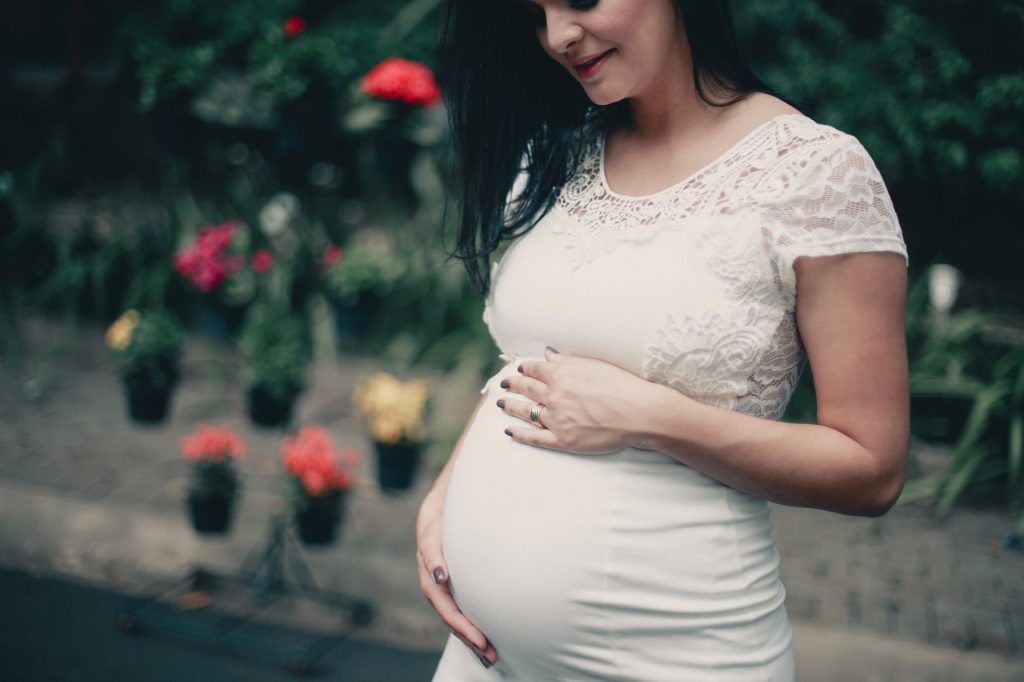6 Signs of Early Pregnancy (Other Than a Missed Period)
Did you know that your body can start to show signs of pregnancy even before your missed period? After conception, women’s bodies immediately go into baby-prepping mode and begin to release certain hormones to benefit both mother and child during pregnancy. Some early pregnancy symptoms are similar to those of Premenstrual Syndrome (PMS); however, there are a few things to watch out for prior to your next period start date.
The following are symptoms that many women have encountered during the initial phases of pregnancy:
- Tender Breasts and Darkening Areolas
Some women notice achiness or soreness in their breasts during the early stages of pregnancy due to rising progesterone levels. Your breasts may feel heavier or fuller than usual. The areolas (areas surrounding the nipples) also start to darken, resulting from fluctuating hormones and an increase in melanin production.
- Frequent Urination
You may start feeling the urge to urinate more often during the first couple of weeks after conception. However, sometimes this symptom doesn’t surface until later. Frequent urination occurs as your body increases blood and directs it to your pelvic region. This blood must be filtered by the kidneys, which must work harder and eliminate waste more quickly.
- Changes in Cervical Mucus
The consistency and color of your cervical mucus changes during pregnancy due to increased estrogen production and blood flow. The discharge (termed leukorrhea) is often thin, white, or colorless, and may have a slight odor.
- Bleeding or Spotting
Sometimes women experience what is called “implantation bleeding.” This light bleeding occurs around 10 to 14 days after conception, usually with minimal cramping. It occurs after the fertilized egg attaches itself to the uterine lining and typically subsides within a few days.
- Increased Basal Body Temperature
Your body’s basal temperature is the lowest temperature it experiences during rest. Tracking basal body temperature is a standard fertility awareness-based method that can help you predict ovulation or decide against unprotected sex. It can also indicate pregnancy, as your temperature will increase and remain high for 18 days or more.
- Nausea
It’s common for women to feel queasy and experience morning sickness even before missing their period. Early pregnancy can also increase certain women’s sensitivity to some smells, which can lead to nausea.
How Do I Know if I’m Pregnant?
The only way to confirm that you’re pregnant is to take a test. Tests can be positive between 7-9 days following conception. The pregnancy hormone Human Chorionic Gonadotropin (hCG) can be detected in your urine around a week or so after fertilization.
It’s essential to visit your doctor or find other medical assistance if you experience any or all of the above early pregnancy symptoms. There are a variety of places you can go to receive free and accurate pregnancy testing. Schedule an appointment with a medical office near you so you can know for sure! Also, try to know or have a general idea of when you started your last period, as this will benefit the physician helping you.




